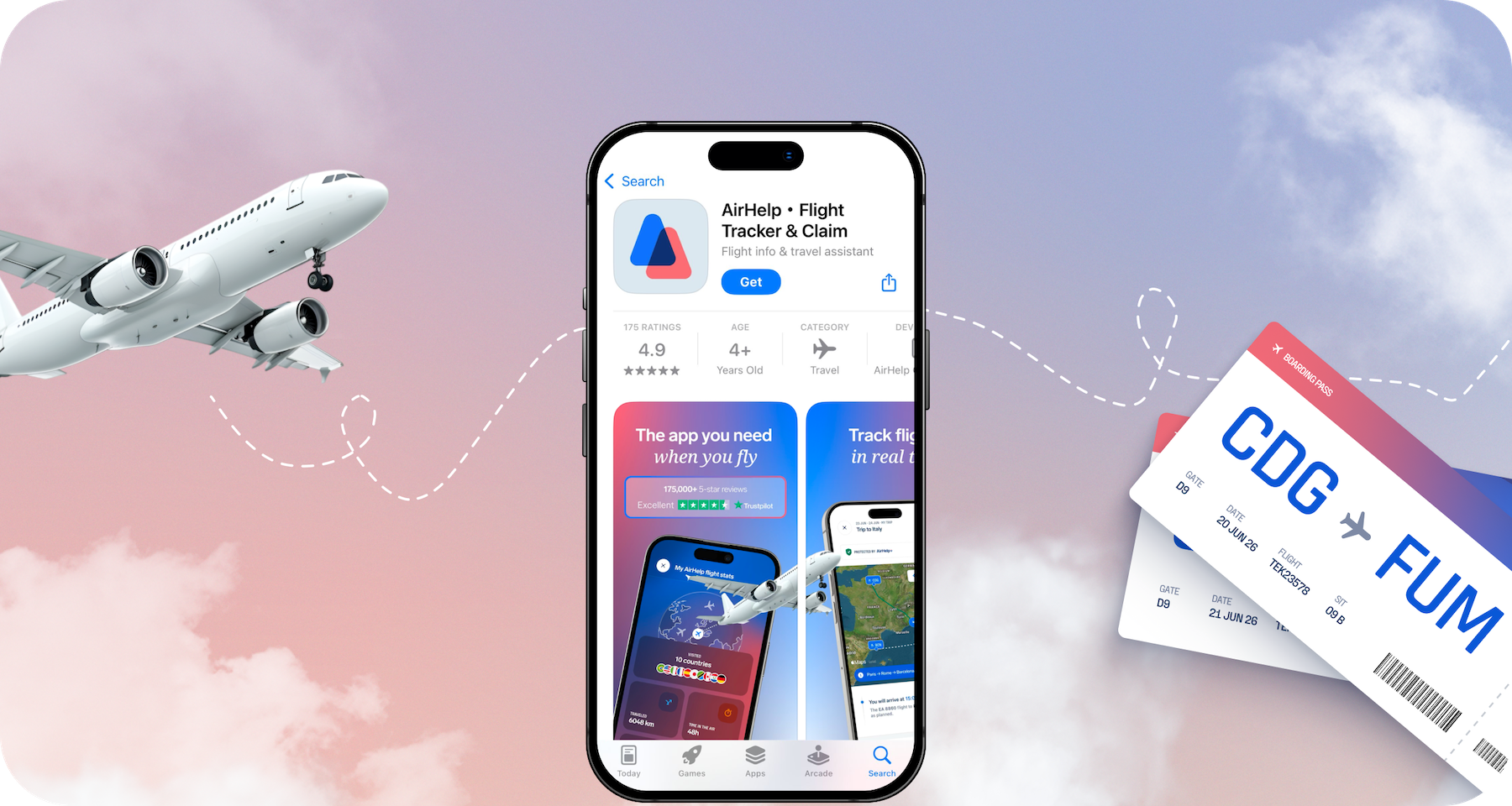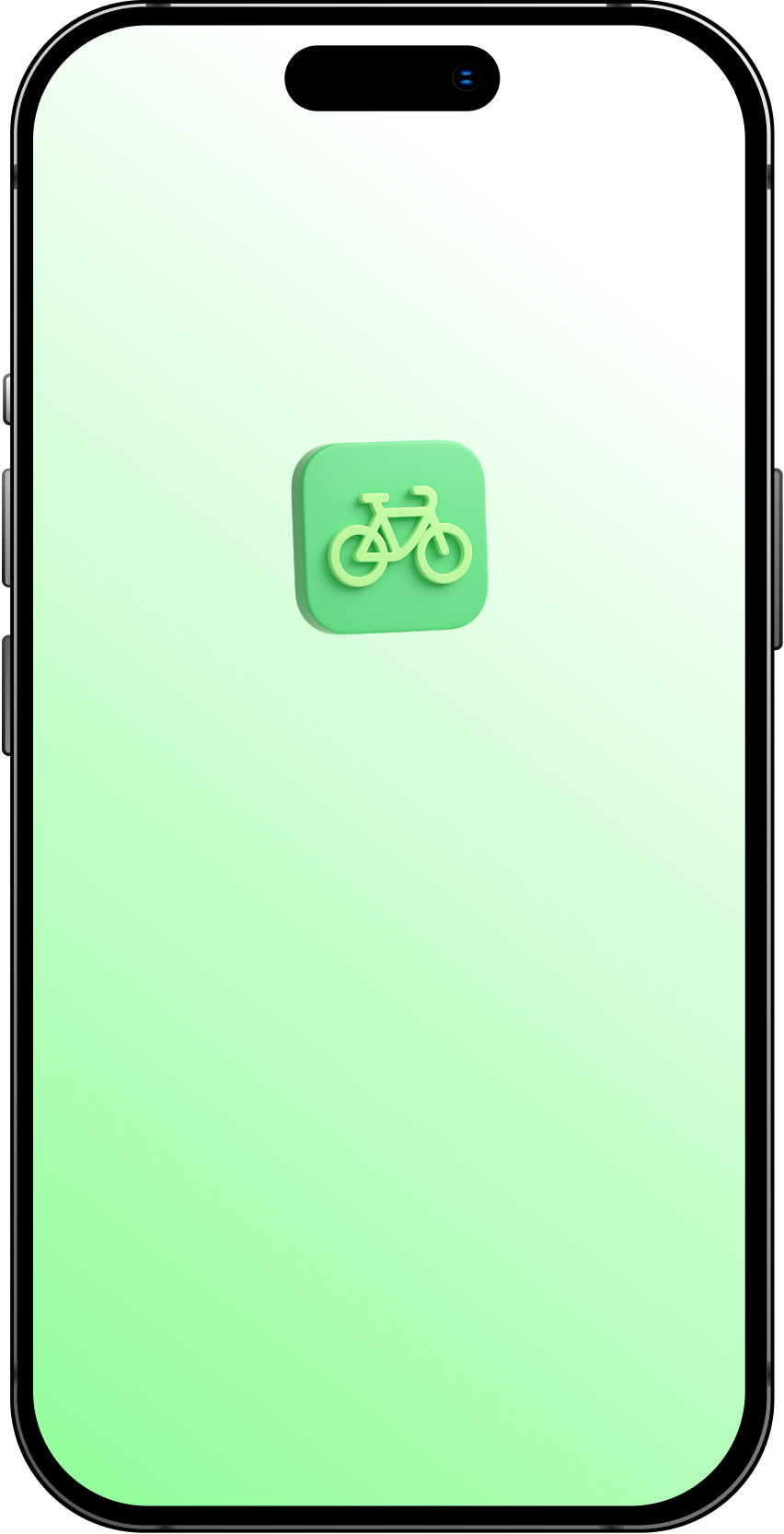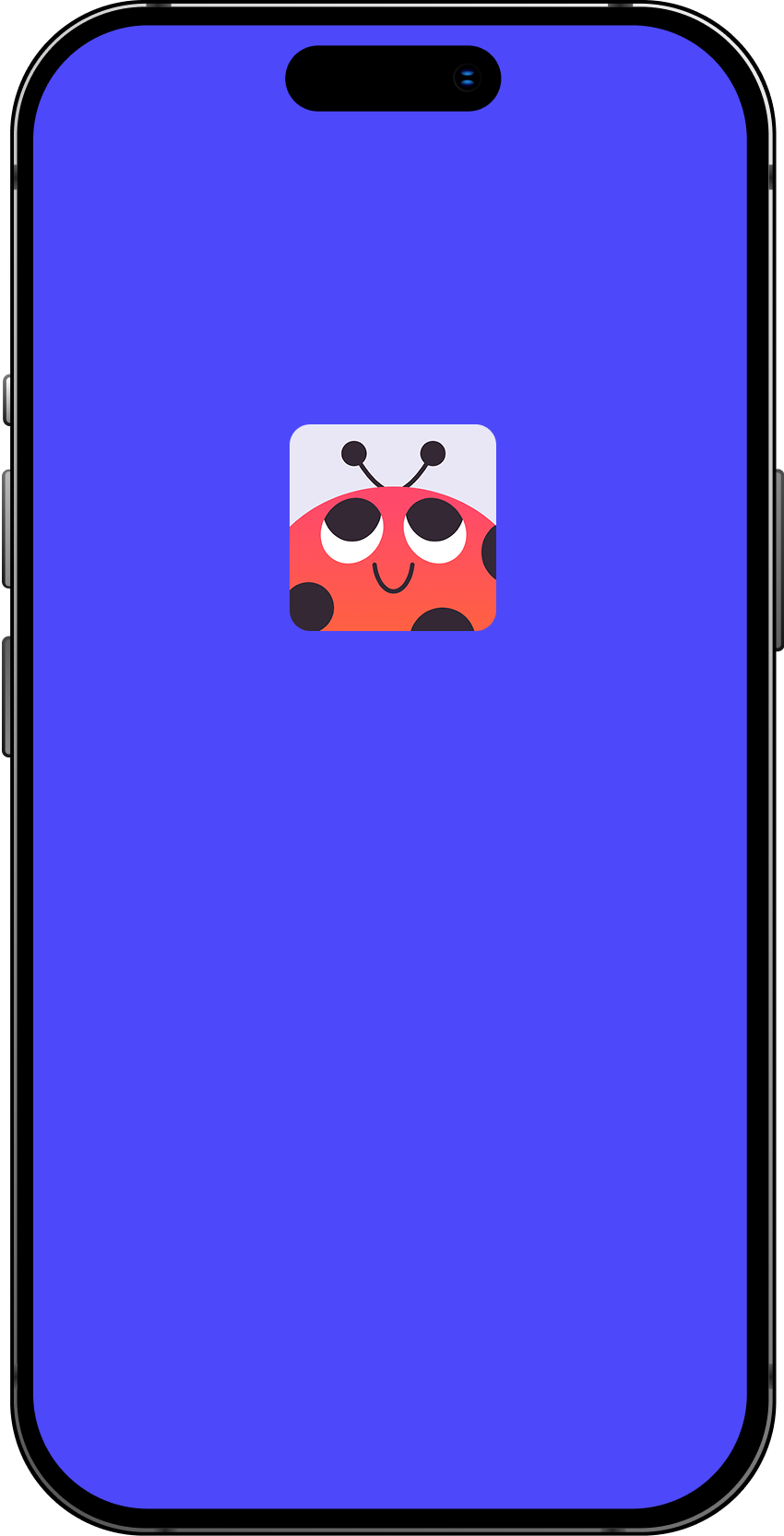
Help with App Store Rejections








Our work speaks
for itself
Why Help with App Store Rejections is Important
Help with App Store rejections is important because it can be a frustrating and time-consuming process. The App Store guidelines are constantly changing and can be difficult to interpret, so getting help with App Store rejections can save developers time and money. It is also important to make sure that all the necessary steps are taken to ensure a successful submission. Without help, developers may overlook key elements that can result in an app being rejected. Additionally, experienced help can provide tips and guidance on how to improve an app to meet the App Store guidelines, thus making the submission process smoother.

Get Professional Help with App Store Rejections
Our 5-Step Approach to Help with App Store Rejections
Here's what our
customers say
The Benefits of Help with App Store Rejections
Help with App Store rejections can be extremely beneficial for developers looking to get their app approved. App Store rejections can be difficult to navigate, especially for inexperienced developers. Professional help can provide step-by-step guidance and assistance in understanding the rules and regulations of the App Store. An experienced professional can help developers understand the specific reasons their app was rejected and suggest solutions that can help resolve the issue. Additionally, they can provide advice on how to avoid future rejections, ensuring a smoother approval process. With the right help, developers can get their app approved quickly and without any major issues.
You might be
wondering

If your app has been rejected by the App Store, the first step is to review the rejections that have been provided by Apple. Once you have reviewed the rejection, it is important to understand why your app was rejected and what needs to be done to fix any issues. Depending on the nature of the rejection, you may need to make changes to your app's code, content, or functionality in order to meet Apple's App Store guidelines. Once you have made the necessary changes, you can submit the app for review again.

Apple reviews apps for compliance with their App Store Guidelines, which cover areas such as user interface design, content, and functionality. Apple also looks for apps that provide a great user experience and meet their technical, content, and design criteria.

Some of the most common reasons why apps are rejected include: not providing the expected user experience; not following Apple's App Store Guidelines; not providing enough information in the app description; not providing clear screenshots or videos; using private APIs or frameworks; or crashing or having other technical issues.

If you disagree with the rejections provided by Apple, you can submit an appeal to the App Review Board. If your appeal is accepted, the App Review Board will review your app again and issue a final decision. If the App Review Board determines that your app still does not meet Apple's App Store guidelines, then the rejection will remain in place.
-min.png)














.svg)






























.png)











.svg)
.svg)










.svg)
.svg)


.png)






.png)









.png)

